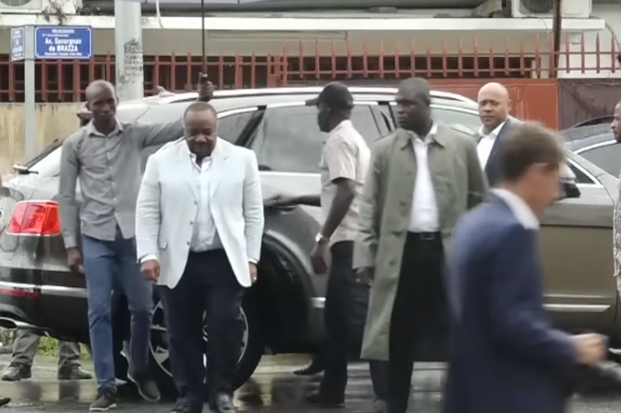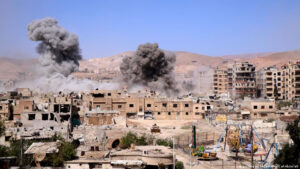
Military officers in the oil-rich nation of Gabon have declared a coup, overthrowing the long-standing rule of President Ali Bongo and placing him under house arrest. This abrupt power shift marks the end of the Bongo family’s more than half-century reign over the country, characterized by both economic prosperity and allegations of electoral irregularities.
The military officers, representing the armed forces, took to national television to announce the coup, revealing that they had canceled the results of the recent presidential election. The election had declared Bongo as the winner of a third term, but the opposition had vehemently contested the results, alleging fraud. The officers cited these concerns as a reason for their intervention, claiming their aim was to restore peace and stability.










